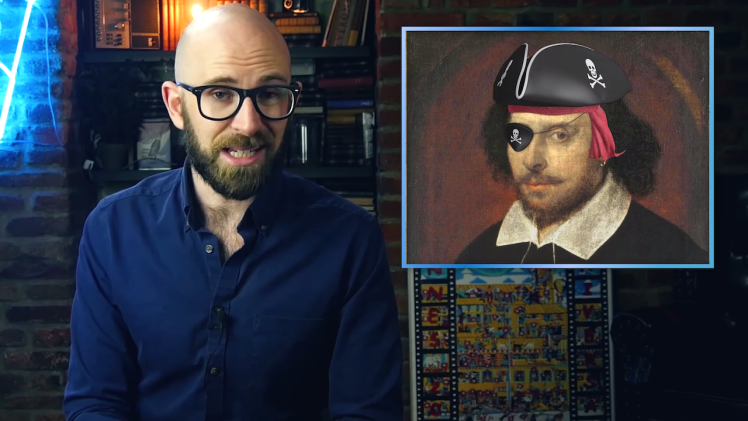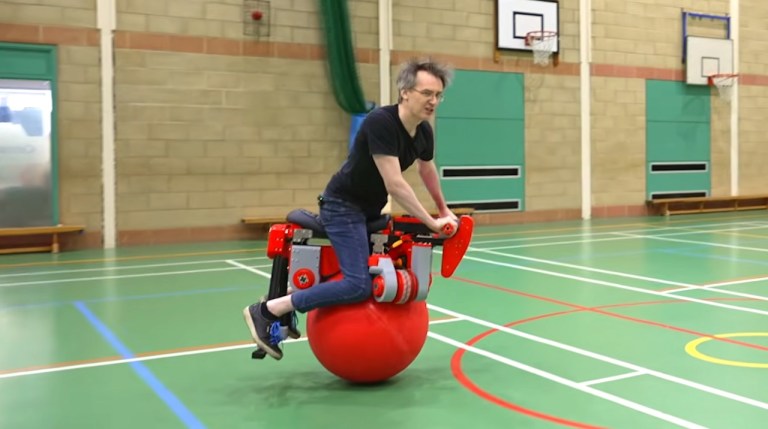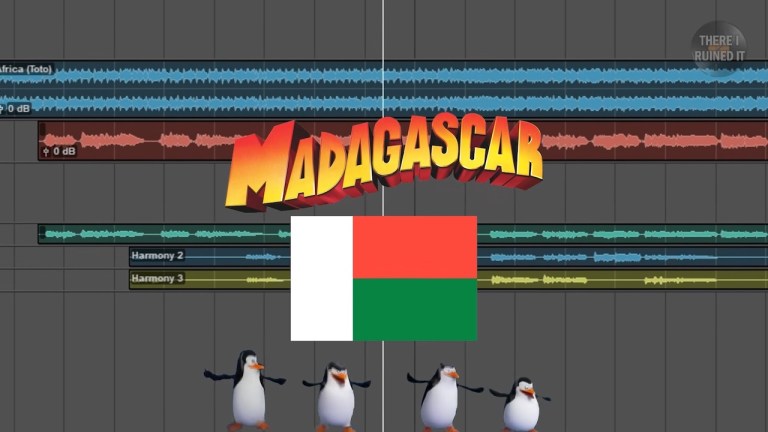How Far Into the Past a Modern English Speaker Could Go and Still Be Able to Communicate With Others
In a rather verbose episode of the video series Today I Found Out, host Simon Whistler examines how far into the past a speaker of modern English could go and still be able to communicate with and be understood by others sufficiently.
The answer is somewhat surprising, as some parts of the modern English language took shape between the 14th and 16th centuries when the “Great Vowel Shift” occurred. This means that by the 16th century, a 21st-century speaker of English could have an adequate conversation with a person from that time period.
One of the principal problems is that while a lot of the words might at this point be somewhat familiar, this pre-dated the bulk of what is known as the “Great Vowel Shift” which occurred primarily from around the mid-14th century through the 16th century or so. In a nutshell, this is where the pronunciation of various vowels in English changed considerably. …This brings us to around the turn of the 16th/17th centuries. As you might have guessed from the fact that you probably have little trouble reading Shakespeare’s plays and the King James Bible, which were written during this period, at this point, you would very solidly be able to grasp a reasonably large percentage of the vocabulary of English.

Whistler also offers some other things for this person to do, since they were going back in time anyway.
After a quick stop to murder baby Hitler and a few of his top cronies (or at the least bring a wizened Mister Rogers back to give their parents some life lessons to instill in their children), how far back could you go and still be able to communicate effectively in the English speaking world?






